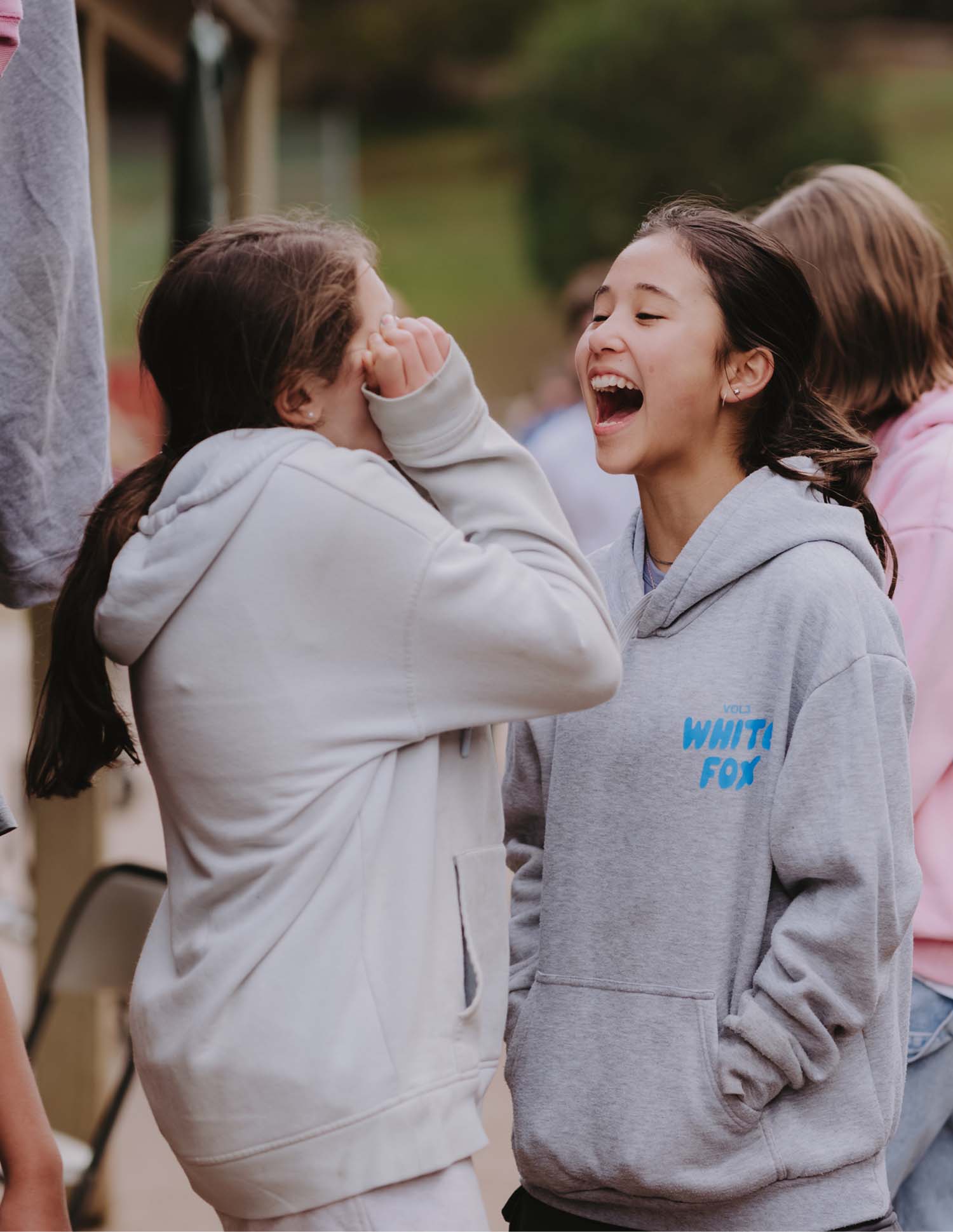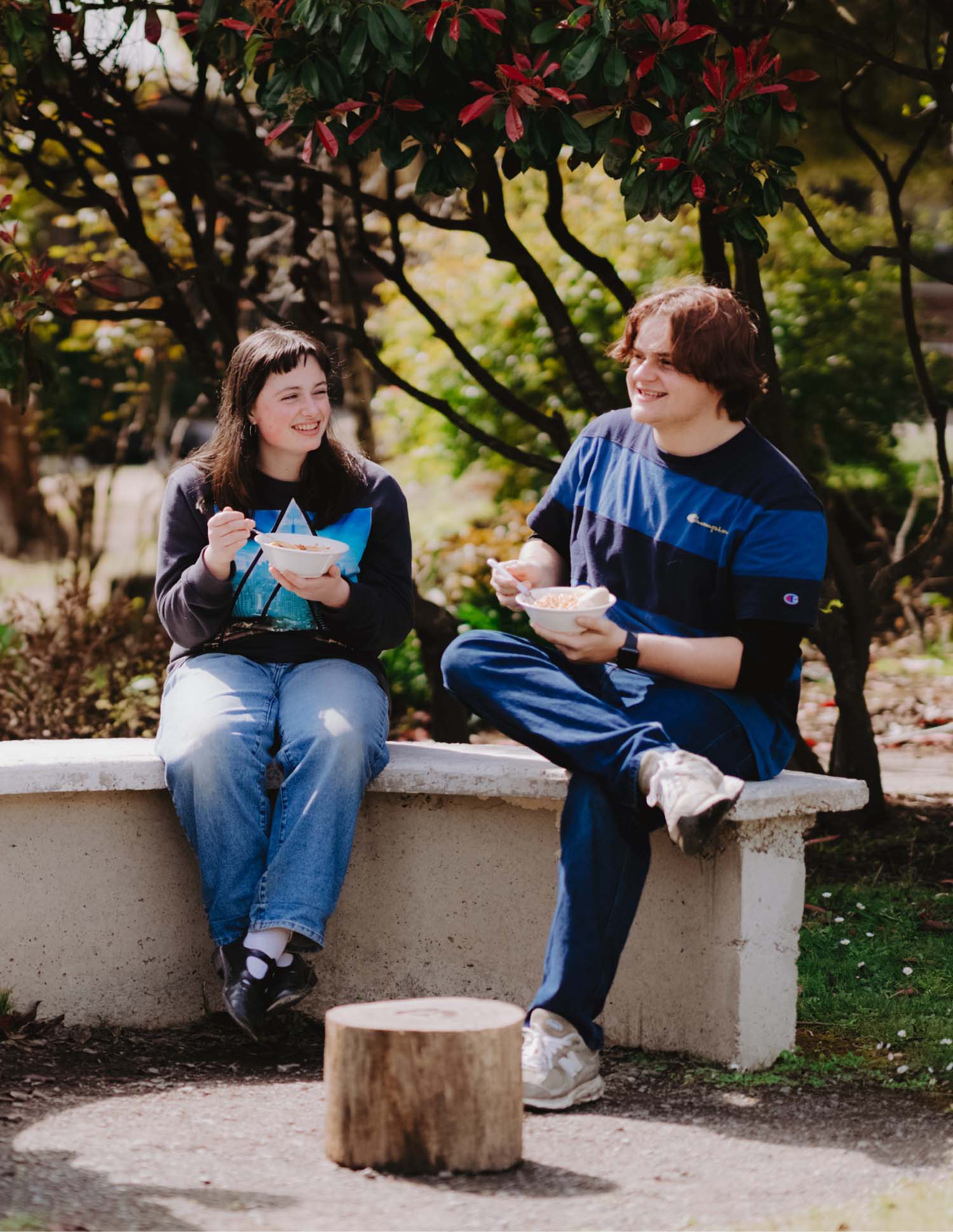Courtesy of The 7.30 Report, 7 March 2005, ABC TV
Reporter: Geoff Hutchison
Children’s author John Marsden to build ‘perfect’ school
KERRY O’BRIEN: As an educator and author of best-selling children’s books, John Marsden polarises opinion. He exposes young readers to ideas that some adults believe they should be protected from and says schools aren’t serving students well enough, that instead of filling their heads with facts, they need to teach them wisdom. Formerly head of English at Geelong Grammar’s prestigious Timbertop campus, John Marsden has for years pondered the question, “What makes a perfect school?” He’s now decided to build it. Geoff Hutchison reports.
STUDENT: I would like the teachers, like, they should be like more comfortable, like probably speak the same language as us so we can communicate with them, tell them our problems that we want to.
STUDENT 2: When you’re in class, you have to be so formal and you have to worry about what you have to say. We also, I think there’s too much pressure put on us at school with homework and always following rules and regulations, and that can stop us from being ourselves a lot of the time.
JOHN MARSDEN, AUTHOR: Schools are very good at appearances, they’re very good at putting up a nice image, but to find out what’s really going on in a school, you need to look a little deeper. One way to do that is look at the incidentals, see what is happening at recess and lunchtime, the way teachers interact with students, do they make eye contact, for example, do they smile and call people by their name?
GEOFF HUTCHISON: It’s Wednesday morning and John Marsden is at the Glen Waverley secondary college doing what he does best – filling kids’ heads with ideas.
JOHN MARSDEN: They haven’t got time for full stops or commas, so when you write that, you might have them saying, oh my God, where can I go… it’s a blind alley, big mistake. What can I do? I can’t get over the fence. I will get in the dump master. No, too late, he has seen me. You might have no punctuation for a page and a half. That’s fine. There are no rules, just conventions.
GEOFF HUTCHISON: He is softly spoken and ever smiling and comes across a touch whimsical, but that would sell him very short. This teacher and author has sold more than 3 million books, not because he writes cute fiction for kids, but because he writes in their voice about the real issues of adolescence – fear, doubt, life and death.
JOHN MARSDEN: We all lose our voices. We all end up like that and the challenge to you as writers but more importantly as human beings is to get your voice back.
GEOFF HUTCHISON: For years, John Marsden has been arguing that Australia’s schools, be they state or private, are full of rigid structures and overbearing rules. Cumbersome frame works which hinder learning.
JOHN MARSDEN: The idea of engaging with intellectual and challenging topics and ideas and questions is good. If we start from those principles, then it becomes much easier to get a sense of how a school should function. You start to realise that there shouldn’t be a kind of enmity between adults and young people, there should be a wonderful alliance, where we’re all moving creatively towards understanding things in as proffer found a way as possible.
GEOFF HUTCHISON: Should we be slightly sceptical of mission statements and glossy brochures and attractive reception areas?
JOHN MARSDEN: We should just tear them up, not even look at them.
GEOFF HUTCHISON: So what is John Marsden’s perfect school? Well, the tiny Fitzroy community school rates highly. There are only about 50 fee-paying kids here, from prep to Grade 6, studying and playing in this rambling terrace house. He teaches here, twice a week.
JOHN MARSDEN: Whether it’s a novel, a picture book or a movie, it’s always about relationships.
GEOFF HUTCHISON: The students are classified not by an age hierarchy, they’re simply called littlies, middles, or biggies. When they’re not doing their formal lessons, you might find them in the kitchen, making their own lunches. There is freedom here, and plenty of play time. But with it comes responsibility, too.
JOHN MARSDEN: One of the words that always comes to mind when I think about this school is there’s a very affectionate relationship between the staff and the students and the staff and the staff and the students and the students and any school that’s based upon that kind of affectionate dynamic is off to a pretty good start.
GEOFF HUTCHISON: Do you think you have learned a lot at this school?
STUDENT 3: Yeah, I reckon – yeah. Not just like maths and everything, but social skills, too.
GEOFF HUTCHISON: What do you have to do as biggies? What does the school expect of you?
STUDENT 4: It’s kind of like filling in for parents while they’re not here and being the responsible person and a good influence and all that. That’s what I think.
JOHN MARSDEN: If you can have that nice level of confidence where you just have a good sense of yourself and you can communicate well with people and relate well to them, that’s what we all want for children and that school has found that.
GEOFF HUTCHISON: And now, having spent 25 years in the classroom, having visited literally thousands of Australian schools, as one of the country’s most successful authors, John Marsden intends to realise a dream. On this 485-hectare property, less than an hour from Melbourne, he’s planning his perfect school. It’s time, he says, to put his money where his mouth is.
JOHN MARSDEN: One of the first things a school should pay attention to is the physical environment, whether it’s in the city or the country, that beauty is important and we should value it and we should surround young people around it so they grow up in that atmosphere of beauty.
GEOFF HUTCHISON: He has been running creative writing camps here for years.
JOHN MARSDEN: A little girl down the road from me ran around in bare feet a lot. One day she trod on a bee and was stung and came hopping into the house crying and she said to us “I just trod on a fly-away thistle.” That’s irresistibly beautiful.
GEOFF HUTCHISON: Is this all very different from the world you knew as a 9-year-old kid?
JOHN MARSDEN: It’s different from the secondary schooling I had, which was very formal and rigid, and I suppose it taught me that that’s not necessarily the best way to learn. What I want is a school full of surprises. A school that’s innovative and flexible at the same time as we do maintain that academic standard. I want a school that’s got a sense of humour. I want a school where we say “yes” to things instead of “no”. It seems like most school haves a banner fluttering from the flagpole with the word “no” written on it. In creating a school, I want the perfect school. I know I won’t get it but I must always aspire to it.

